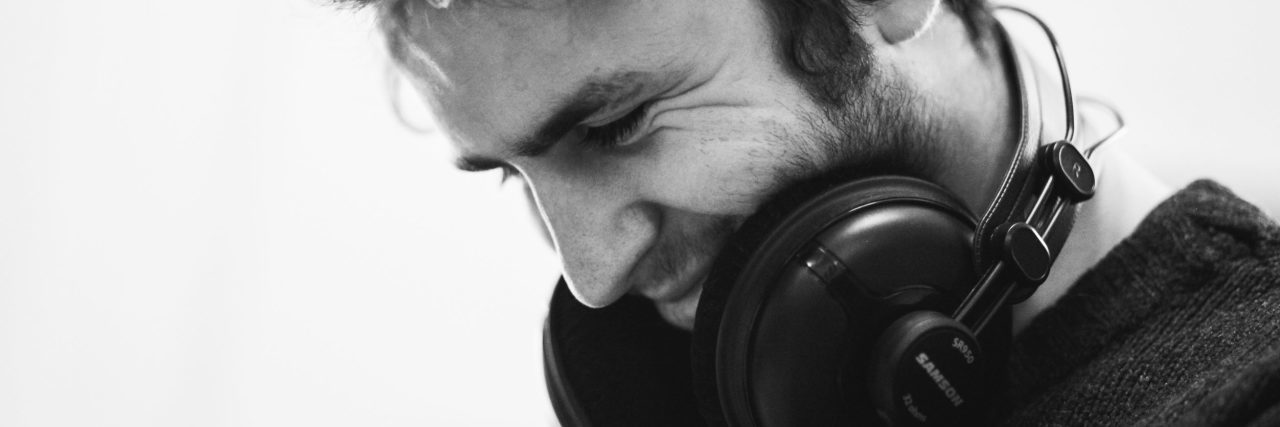Anyone who knows me knows I am fiercely protective of my late 90s to early 2000s romantic comedies. When someone insults them, I turn into that J.C. Penney minivan mom with a “may I speak to your manager” bob who physically assaults the referee at her son’s youth basketball game because of a bad call. I once had a friend tell me they thought “How to Lose a Guy in 10 Days” was “corny,” and I’ve truly never felt more deeply offended, confused or misunderstood. People who aren’t profoundly impacted by Matthew McConaughey and Kate Hudson’s next-level chemistry in the “Feels Like Home” shower scene are not the kind of disrespectful people you want in your life.
I found a genuine sense of joy in these movies. When I was sad, I watched Tom Hanks surprise Meg Ryan in Riverside Park at the end of “You’ve Got Mail.” When I was insecure, I watched Julia Roberts in “Notting Hill” be just a girl, standing in front of a boy, asking him to love her. When I was lonely, I watched Jennifer Garner take Poise Magazine to new heights in “13 Going on 30.” Looking back on it now, it’s funny how the films that provided me with the most escapist comfort also gave me the harshest reality check.
I went through a rough time at the beginning of last year. When I say rough time, I mean I was a walking antidepressant commercial — a mercilessly negative shell of a person. It would be easy for me to make light and say I got through it solely by sleeping and double-stuffed Oreos, but it wouldn’t be entirely accurate. The truth of the matter is that rejection sucks, and despite what Cosmo may tell you, no amount of tequila shots and one-night-stands will change that. I was so inconsolable that even my favorite rom-coms couldn’t make me feel “normal.” I suddenly began to resent these movies I used to love, turned off by the creation of these joyful, false realities.
Then, one day, I saw in passing that “Legally Blonde” was on TV. It was that scene where Elle Woods shows up at a party dressed as a Playboy bunny in hopes of winning back her ex, that Banana Republic douchebag who looked like he majored in pre-workout supplements and 2 a.m. “you up?” texts. Elle mentions how she plans on earning a coveted spot in Harvard’s prestigious student internship taking on a celebrity court case. He (predictably) rolls his eyes and says something along the lines of, “Come on, Elle, are you serious? You’re never going to make the grades for that.” There’s a look of painful realization on Elle’s face that I hadn’t picked up on before in the previous 175 times I watched the film.
“I’m never going to be good enough for you, am I?”
The cold, hard truth finally registers: Elle had just spent the last year of her life allowing someone else to dictate the limits of her potential. I sat there for a second. There was this brief moment of, “Oh my God, I’m Elle Woods,” followed by a deep stab of regret for letting myself be sad for so long, followed by the “lightbulb on” epiphany. It took a 2001 Reese Witherspoon romantic comedy to do it (I don’t have fragile masculinity, so I can admit that with zero shame), but I finally realized I had to own up to the fact it was easier for me to be sad than it was to figure out a legitimate way to get my shit together. I suddenly understood that I couldn’t let rejection taint the things that made me happy, because there was still something real, and true, and valuable to be found in them. You have to be at your lowest possible point to rebuild and become someone you can be proud of.
As cringe-worthy basic Twitter account as it may sound, you’ve got to be Elle Woods in the Playboy Bunny costume begging for love before you can be Elle Woods, attorney, sending Chutney and her permed ass to jail, confident in the knowledge that your greatest sadness can turn into your greatest success.
Photo by Jan Střecha on Unsplash

